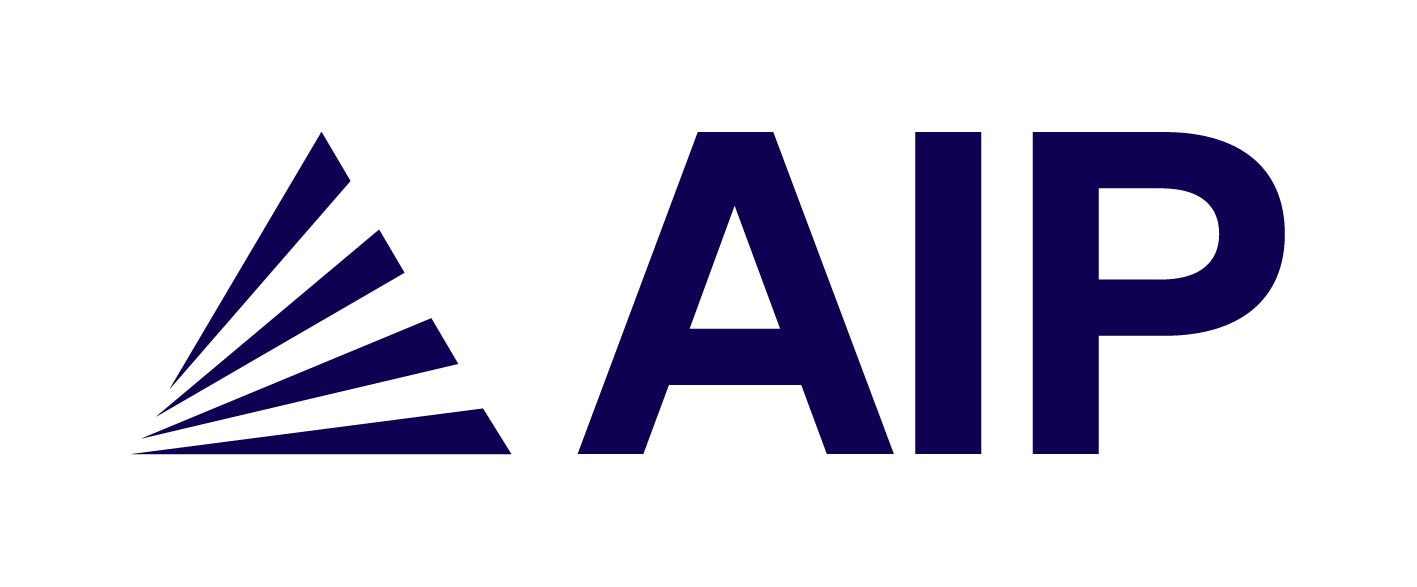Newswise — WASHINGTON, April 30, 2021 -- The American Institute of Physics and six leading scientific societies representing nearly 70,000 members of the physical sciences community are calling on the new White House and 117th Congress to support research and education in the physical sciences to address critical issues facing our society.
"This is the time to rebuild American global leadership and unlock the potential that research and development has to accelerate solutions to today's pressing challenges where leading-edge science and technology can play an integral part," said Michael Moloney, CEO of AIP.
In the week of congressional hearings on President Joe Biden's nominee to lead the White House Office of Science and Technology Policy, a letter sent to the president and congressional leaders highlights calls for action on these foundational issues and outlines several cornerstone policy issues that need attention, funding, and support.
The letter also highlights the tremendous contribution the physical sciences made to global recovery during the COVID-19 pandemic but notes the concurrent cost to the research enterprise that could have a profound impact on our nation's future.
"We strongly urge Congress and the Administration to act on these foundational issues immediately," the letter states. "This is essential for the country's economy, position as a world leader and, indeed, the health and welfare of the American people. As members of the science community, our organizations remain deeply committed to pursuing solutions to these challenges and hope to partner with you in pursuit of long-term, sustainable solutions."
The letter identifies six different areas in need of investment in research, people, and education. The societies and AIP point to immediate concerns and the promise of progress in research funding, equity, education, immigration, research security, and infrastructure.
AIP is joined by the following AIP member societies in the call for action: American Association of Physicists in Medicine, American Association of Physics Teachers, American Crystallographic Association, American Meteorological Society, American Physical Society, and AVS: Science & Technology of Materials, Interfaces, and Processing.
"We have a window of opportunity, with the support for science already shown by the Biden administration and congressional leadership at the highest levels, to rebuild America's scientific leadership in the world with a renewed commitment toward research and development," Moloney said.
"Our nation's leadership's commitment to research and development is timely and welcome. For our part, we in the scientific community stand ready to reinforce and sustain American global leadership in science while also accelerating solutions to today's pressing challenges with the support of the U.S. government and its agencies."
The letter advocates for the following:
Physical Science Funding
Supplemental funding of at least $26 billion for federal science agencies is needed to offset disruptions, loss, and restrictions during the COVID-19 pandemic. Federal agencies should allow maximum flexibility regarding fulfilment of current research and student funding agreements.
Equity
Support for cultural change activities and programs at educational facilities is needed to better serve research institutions that are providing student support for low-income, talented, domestic students pursuing successful careers in promising STEM fields. Federal agencies should incentivize national laboratories and top research universities to create meaningful lasting partnerships that strengthen the research capacity at emerging research institutions, including those which are often in underserved states.
Education
To combat the massive shortage of physics teachers nationwide, federal programs are needed to assist school districts in retaining and supporting K-12 science teachers. In addition, support should be given for several existing initiatives that would help ensure the development of the next generation of scientists.
Immigration and Visas
The United States must remain a destination for the world's brightest scientific minds. Support for international STEM students seeking F-1 visa cards would provide them with a path to stay in the U.S. after graduation and a green card if they choose to stay and work. AIP and the other organizations support language in the U.S. Citizenship Act of 2021 regarding STEM doctoral students.
Infrastructure
By investing in research infrastructure, the federal government could stimulate the economy, create jobs, enable scientific breakthroughs, and invest in America's prosperity and security. Creating world-class facilities would help the U.S. stay ahead of competition in Europe and Asia, making it an attractive destination for scientific discovery, innovation, and education.
Research Security
The scientific societies expressed support for Presidential Directive NSDD-189, keeping research in the open and unrestricted "to the maximum extent possible," striking a balance between open science and national security.
###
About American Institute of Physics
The American Institute of Physics (AIP) is a 501(c)(3) membership corporation of scientific societies. AIP pursues its mission—to advance, promote, and serve the physical sciences for the benefit of humanity—with a unifying voice of strength from diversity. In its role as a federation, AIP advances the success of its Member Societies by providing the means to pool, coordinate, and leverage their diverse expertise and contributions in pursuit of a shared goal of advancing the physical sciences in the research enterprise, in the economy, in education, and in society. In its role as an institute, AIP operates as a center of excellence using policy analysis, social science, and historical research to promote future progress in the physical sciences.
###
